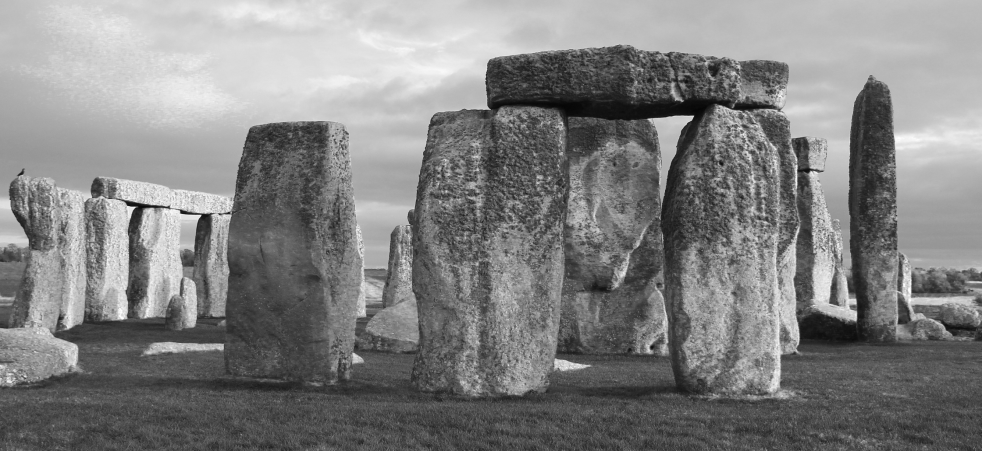 Once Upon a River by Diane Setterfield (Website, Twitter)
Once Upon a River by Diane Setterfield (Website, Twitter)
Genre: magical realism/ historical fantasy
Setting: mid-late 1800s
I read it as a(n): hardback
Source: my own collection / BOTM Club
Length: 464 pp
Published by: Atria Books (pub date)
Her Grace’s rating: 5 out of 5 stars
Once Upon a River is the tale of a young girl who drowned, and then didn’t. There is an inn that is known for its storytelling, which is where the drowned girl and her rescuer end up. Her story spreads from there and she becomes three different girls who have all gone missing. The lives of a photographer, a healer, a farmer, and a pub owner all become entwined because of their connections, real or otherwise, to the drowned girl.
I honestly don’t want to write an in-depth review of this book. I fucking LOVED it and don’t want to have to think too closely about it. It was a fairy tale wrapped in a mystery set in a historical fiction. I never wanted it to end, and when it did, I wanted to forget all about it so I could read it again for the first time. The writing was gorgeous – truly evocative of fairy tales – and the characters were well defined and complex, every one of them. The setting was ephemeral and had very much an otherworldly feel to it, which was perfect for the story. I had too many favorite lines and scenes, so I only put a couple below. Otherwise, I’d just be copying down the entire book. I can’t describe it, just go read it for yourself. You will not be sorry you did!
Favorite part/ lines (spoilers!):
- ‘The Swan was a very ancient inn, perhaps the most ancient of them all. It had been constructed in three parts: one was old, one was very old, and one was older still’ (3).
- ‘She could lift barrels without help and had legs so sturdy, she never felt the need to sit down. It was rumored she even slept on her feet, but she had given birth to thirteen children, so clearly she must have lain down sometimes’ (5).
- The discussion about the word one ought to use to describe a person rowing very quickly up a river. Can’t be haring because hares don’t go in row boats. Can’t be ottering because that sounds worse than haring. It was a very serious discussion.
- ‘There was a general hubbub of conversation between the windows as the story was discussed, its missing pieces identified, attempts made to fill them in…Fred began to feel left out of his own tale, sensed it slipping from his grasp and altering in ways he hadn’t anticipated; now it had slipped the leash and was anybody’s’ (46)
- ‘They sat on the bank. It was better to tell such stories close to the river than in a drawing room. Words accumulate indoors, trapped by walls and ceilings. The weight of what has been said can lie heavily on what might yet be said and suffocate it. By the river the air carries the story on a journey: one sentence drifts away and makes room for the next’ (361).
- ‘While the water lay unperturbed and indifferent all around, the women at the Swan were engaged on the human pursuits of dying and being born. On one side of the wall Helena struggled to deliver her baby into life. On the other side, Joe struggled to depart it. The little Margots got on with everything that needed to be done so that life could be begun and so that it could be ended’ (417).
- ‘There must be more to stories than you think’ (431).
- ‘And though eventually there came a day when the man himself was forgotten, his stories lived on’ (457).
- ‘How many photographs could a man take in a lifetime? A hundred thousand? About that. A hundred thousand slivers of life, ten or fifteen seconds long, captured by light on glass’ (458).
- ‘And now, dear reader, the story is over. It is time for you to cross the bridge once more and return to the world you came from. This river, which is and is not the Thames, must continue flowing without you. You have haunted here long enough, and besides, you surely must have rivers of your own to attend to?’ (460).
